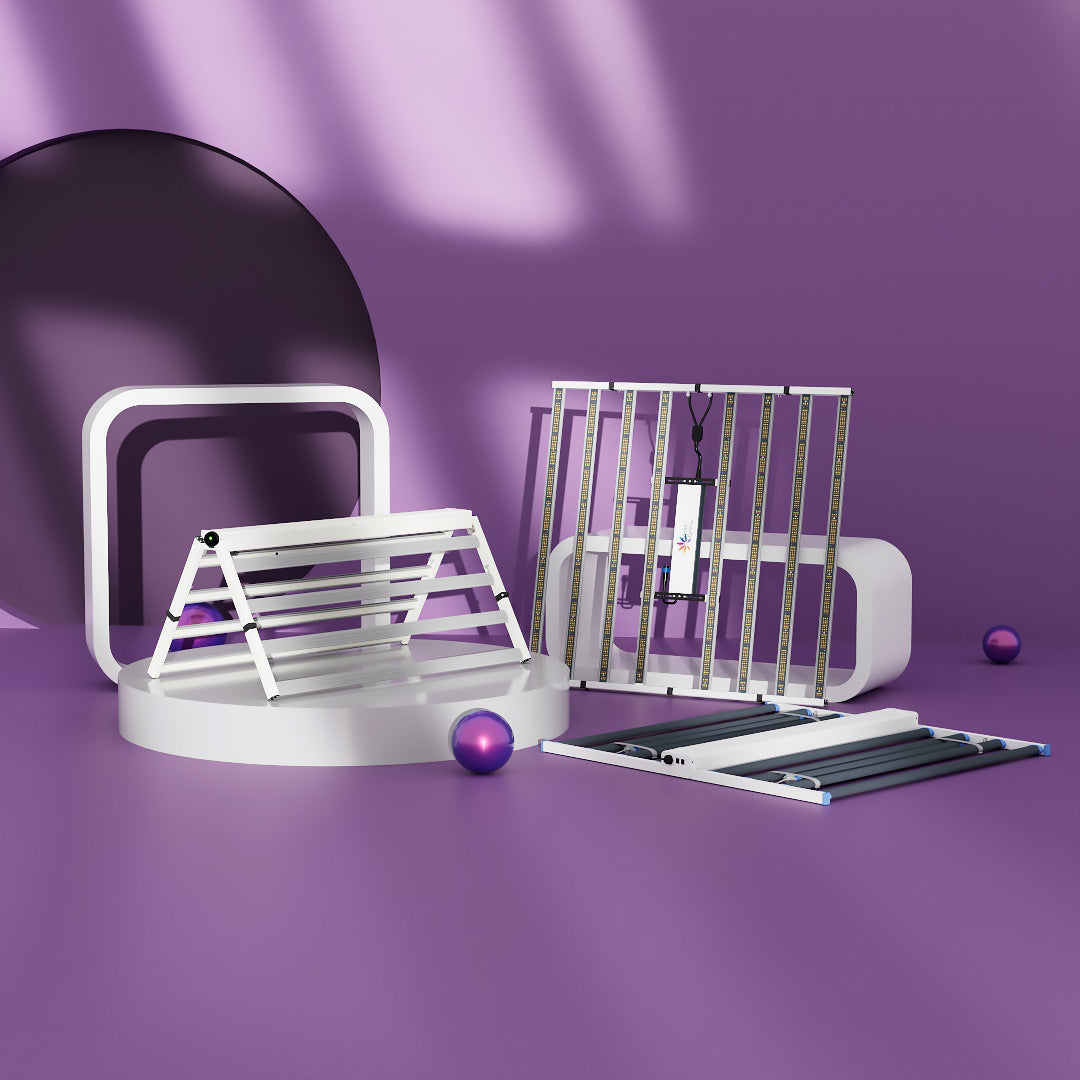9% OFF For New Subscribers
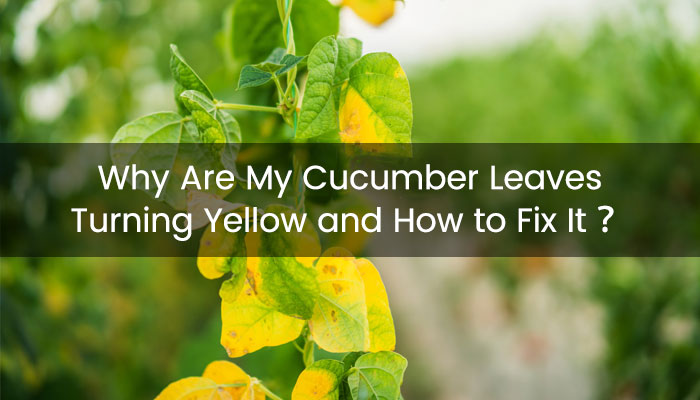
Why Are My Cucumber Leaves Turning Yellow and How to Fix It?
When the chlorophyll (green pigment) content in cucumber leaves decreases, the leaves turn yellow. The 3 main causes of chlorophyll reduction in cucumber leaves are disease, pests, and nutrient deficiency.
Cucumber leaves going yellow typically indicate a potential drop in yield or misshapen cucumbers. But don't worry, we'll guide you on how to diagnose the cause of yellow leaves cucumber and take solutions to ensure your cucumbers thrive and grow healthy.
Main Content:
- 1. Why Are My Cucumber Leaves Turning Yellow?
- 2. Nutritional Deficiencies That Yellow Cucumber Plant
- 3. Pest and Diseases Causing Yellow Leaves Cucumber
- 4. Other Tips to Prevent Yellow Leaves Cucumber
- 5. Conclusion
- 6. FAQs about Yellow Leaves Cucumber
Why Are My Cucumber Leaves Turning Yellow?
Cucumber plant leaves turning yellow can be caused by a variety of factors, including environmental conditions, nutritional deficiencies, pests and diseases.
Common causes of cucumber leaves turning yellow include nutrient deficiencies such as nitrogen or potassium, water problems (too much or too little), pests such as red spiders and aphids, and diseases such as Fusarium wilt and downy mildew.
To solve the problem of cucumber leaves turning yellow, first, check for pests or diseases, then make sure the soil is well-balanced with nutrients, avoid over- or under-watering, and make sure the plants get plenty of sunlight and the right temperature.
In addition, test the pH of the soil regularly, keeping it between 6.0 and 7.0 to ensure that the plant can absorb enough nutrients. Next, one by one, we rank the possible causes of why cucumber leaves turn yellow and take steps to address and prevent them.
Nutritional Deficiencies That Yellow Cucumber Plant
Cucumber leaves going yellow may be a sign of nutrient deficiencies such as nitrogen, phosphorus, or potassium. Below are the symptoms and solutions for each deficiency:
Nitrogen Deficiency
Nitrogen plays a vital role in the growth of all plants, preventing cucumber leaves turn yellow. It is generally believed that nitrogen can promote plant growth. Besides, nitrogen deficiency in cucumbers leads to the fading of green leaves and, in severe cases, can cause the entire cucumber leaves turning yellow.
To address that, apply 20-50 kg of nitrogen fertilizer per hectare or spray a 2% urea foliar solution every two weeks for soil-grown cucumbers. For cucumbers grown in soilless media, use a nutrient solution containing 150-200 ppm nitrogen.
Phosphorus Deficiency
Phosphorus is essential for robust cucumber early growth and root development, thus avoiding cucumber leaves turning yellow. Regular phosphorus supply is vital for maintaining high-quality fruit yield in cucumbers.
During the growing season, phosphorus can be replenished quickly by using foliar sprays. Use foliar fertilizers containing phosphorus, such as potassium dihydrogen phosphate to avoid cucumber leaves turning yellow.
Potassium Deficiency
Potassium is one of the three primary nutrients necessary for plant growth and metabolism, which can avert the cucumber leaves yellow. Potassium deficiency manifests as yellowing at the edges of leaves, which gradually spreads to the center, causing the leaves to become dry and paper-like.
In addition, potassium moves quite slowly in the soil which may causing cucumber leaves yellow. You can mix potassium nitrate into the soil before planting cucumber. Use soluble potassium or foliar sprays to treat potassium deficiency symptoms. For crops grown in soilless media, use UV grow light and a nutrient solution containing 150–200 ppm K to prevent yellow cucumber plants.
Other Nutrient Deficiencies
In addition to the primary nutrients, deficiencies in the following elements can also cause cucumber leaves going yellow.
Calcium deficiency causes new leaves to appear scorched and twisted, possibly curling downward, while magnesium deficiency results in the main veins remaining green as older cucumber leaves turn yellow.
Manganese deficiency leads to cucumber leaves turning yellow, iron deficiency makes new leaves appear pale green, and copper deficiency causes new leaves to become twisted with old leaves showing yellow edges.
In addition, excessive watering should be avoided, which can also cause cucumber leaves turn yellow. This is because frequent submergence of the roots will cause root hypoxia or root rot, causing the cucumber leaves yellow. Keeping the soil slightly moist usually meets the water needs of cucumber growth, thus preventing cucumber leaves from going yellow.

Pest and Diseases Causing Yellow Leaves Cucumber
In addition to nutritional deficiencies, diseases and pests are the reason why cucumber leaves turn yellow as well, and failure to treat them promptly can seriously affect cucumber yields. Here are the signs and solutions to why are my cucumber plants turning yellow due to diseases or pests.
Cucumber Pest That Yellow Cucumber Leaves
Growing plants can’t avoid annoying pests, and the same is true for growing cucumbers. The main pests that cause cucumber leaves going yellow include the following:
- Cucumber Beet Moths: these pests nibble on the leaves and stems causing the leaves to gradually turn yellow and wilt.
- Cucumber fleabites: Fleabites suck plant juices and secrete mucus, which can lead to yellowing, curling and restricted growth of the leaves.
- Aphids: Aphids suck plant sap, causing yellowing and twisting of leaves, and may also secrete honeydew, which promotes the growth of fungi such as powdery mildew.
- Spider mites: These tiny pests feed on plant cell sap on leaves, causing yellowing and possible brown spotting.
How to Recover Yellow Leaves Cucumber from Pest?
To recover yellowing leaves from pest infections on plants like cucumbers, first identify the specific pest causing the issue, then remove affected leaves to prevent further spread.
Control pests through methods like washing with water, introducing natural predators, or using organic pesticides like neem oil. Improve overall plant health with proper nutrition, watering, sunlight exposure, and air circulation.
Diseases that Make Cucumber Leaves Turn Yellow
Several diseases can cause cucumber leaves turning yellow. Here are some common ones:
Downy Mildew Symptoms include grayish-white to yellow spots on the leaf surface, often accompanied by a grayish-white mold layer underneath, caused by high humidity, poor ventilation, and prolonged leaf moisture.
Powdery Mildew can be Identified by white powdery spots on the leaf surface, leading to leaf yellowing, curling, and eventual wilting. It thrives in high humidity and low ventilation conditions, especially during dry and warm weather.
Cucumber Mosaic Virus (CMV) is mainly transmitted by insects such as leaf mites and aphids. Symptoms include yellowing and deformation of leaves, slow plant growth, fruit deformities and color changes, and irregular spots on the surface of leaves, usually light yellow.
Proper diagnosis of the specific disease is crucial for effective treatment for cucumber leaves yellow. Let's see the treatments for the yellow cucumber plant.
Diseases Treatment for Yellow Leaves Cucumber
Firstly, carry out soil fumigation to prevent diseases that cause cucumber leaves going yellow, and foil and other reflective mulches can stop the spread of viruses. Also ensuring good ventilation and proper watering management such as the use of trellises and drip irrigation.
It is worth noting that potassium has the power to increase plant resistance to pathogens and reduce the effects of infection thus preventing the cucumber leaves yellow. Studies have shown that spraying potassium nitrate can significantly reduce fungal damage to cucumbers.
Regular cleaning of cucumber growing containers and grow tent kits, as well as prompt removal of any infected plant parts, will also help to stop the spread of the disease.
Finally, plants that are already diseased should be treated promptly with a suitable fungicide such as neem oil, and preventative sprays should be applied during periods of high disease incidence to keep plants healthy and away from cucumber leaves turning yellow.

Other Tips to Prevent Yellow Leaves Cucumber
As well as maintaining proper nutrition and fighting cucumber pests and diseases, here are some ways to help prevent cucumber from the cucumber leaves going yellow.
Temperature
The growth rate and fruit quality of cucumbers are influenced by temperature. Ideal growth temperatures that prevent cucumber from cucumber plant leaves turning yellow range around 18°C at night and 28°C during the day.
Besides, cucumber seeds germinate rapidly when soil temperatures reach above 15°C. Maintaining stable temperatures throughout the cucumber growing season helps prevent cucumber leaves yellow and sustain high yields and quality fruits.
Light
Cucumbers thrive on ample sunlight as photosynthesis is crucial for fruit growth and quality, which can avoid yellow cucumber plants. Insufficient light during winter reduces carbohydrate production, affecting fruit development and plant growth. Using LED grow lights can mitigate issues caused by inadequate winter sunlight.
Relative Humidity
High relative humidity (RH) generally benefits cucumber growth and protects cucumber from cucumber leaves going yellow, but excessive humidity can lead to diseases. Using a hygrometer helps maintain stable humidity levels to prevent cucumber stress.
Conclusion
In conclusion, early detection of yellowing cucumber leaves and troubleshooting causes such as nutrient deficiencies, cucumber pests and diseases can go a long way in maintaining cucumber production. Grow lights like Medicgrow full-spectrum LED grow lights also ensure that your cucumbers thrive all year round. I hope that by reading our article you will be able to grow healthy plants and avoid cucumber leaves yellow.
Related Post:
How to Build Your Indoor Grow Room
How to Tell the Difference Between Male and Female Plants
Do Indoor Plants Need UV Light?
FAQs about Yellow Leaves Cucumber
1. What to Do with Cucumber Leaves White Spots?
White spots on cucumber leaves often indicate issues like powdery mildew, downy mildew, or pest infestations. Powdery mildew appears as white, powdery spots, thrives in high humidity, and can be managed by improving air circulation, avoiding overhead watering, and applying organic fungicides.
Downy mildew, characterized by grayish-white to yellow spots, requires sanitation and specific fungicides, while pest infestations from spider mites or aphids can be controlled using natural predators and insecticidal soaps.
2. What to Do with Cucumber Leaves Brown Spots?
Brown spots on cucumber leaves often signal diseases like angular leaf spots, anthracnose, or bacterial leaf spot, as well as pest damage. Angular leaf spots appear as water-soaked lesions that turn brown and dry, whereas anthracnose shows up as small, circular brown spots that expand over time.
Bacterial leaf spot manifests as dark brown to black spots with a yellow halo. Pest damage, such as from cucumber beetles or spider mites, can also cause browning. Applying fungicides, such as copper-based products for bacterial leaf spot, and using organic insecticides or introducing natural predators for pest control can be effective treatments.
Featured Products
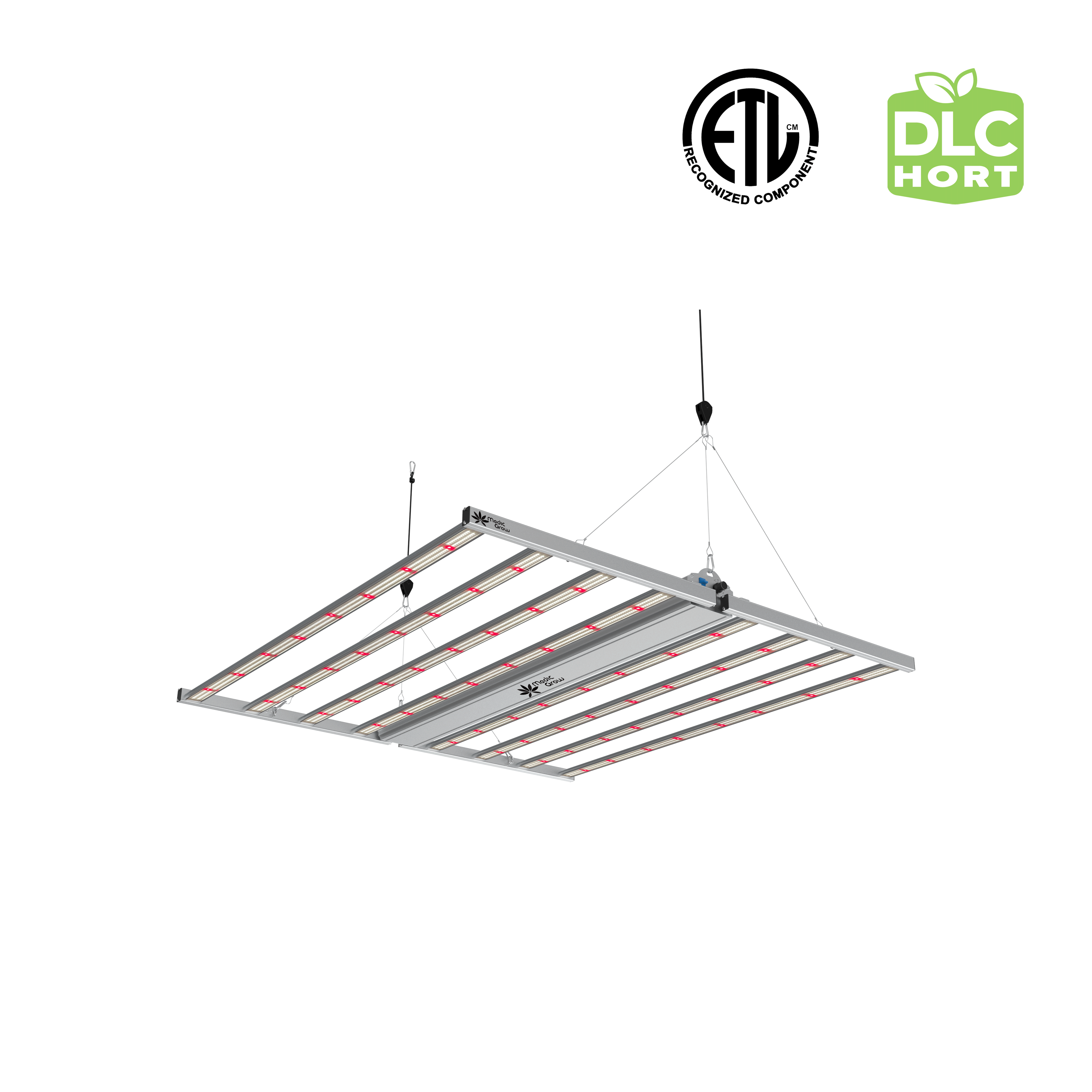

Medic Grow Fold-8 Full-Spectrum 760w Commercial LED Grow Lights ETL & DLC Certified for 4X4/5X5


Medic Grow MINI SUN-2 Full Spectrum Dimmable 150W-500W LED Grow Light for 2X2/3X3
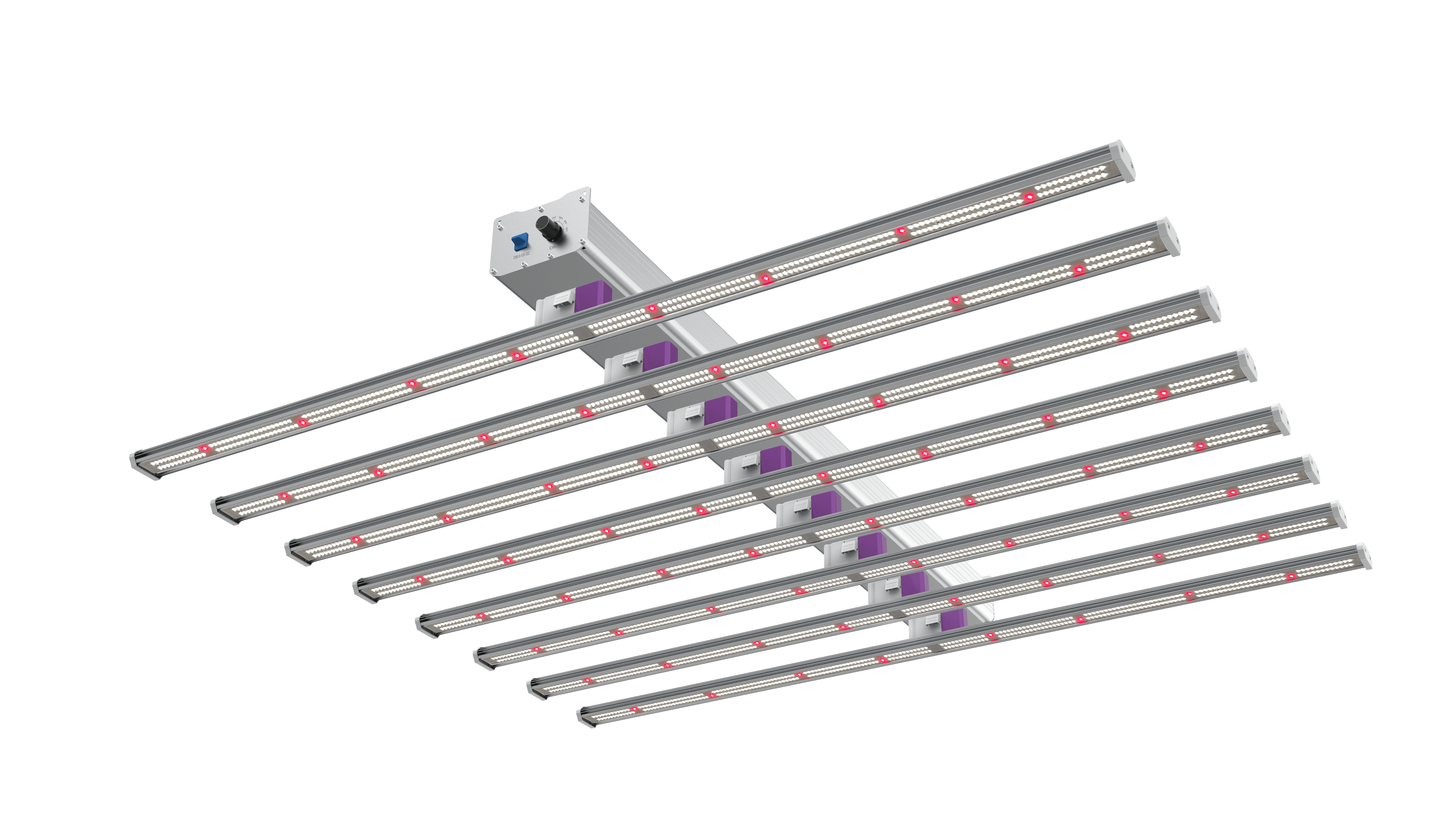

Medic Grow Ez-8 Smart Dimmable Full Spectrum 1000 Watt LED Grow Light for 5X5 Planting
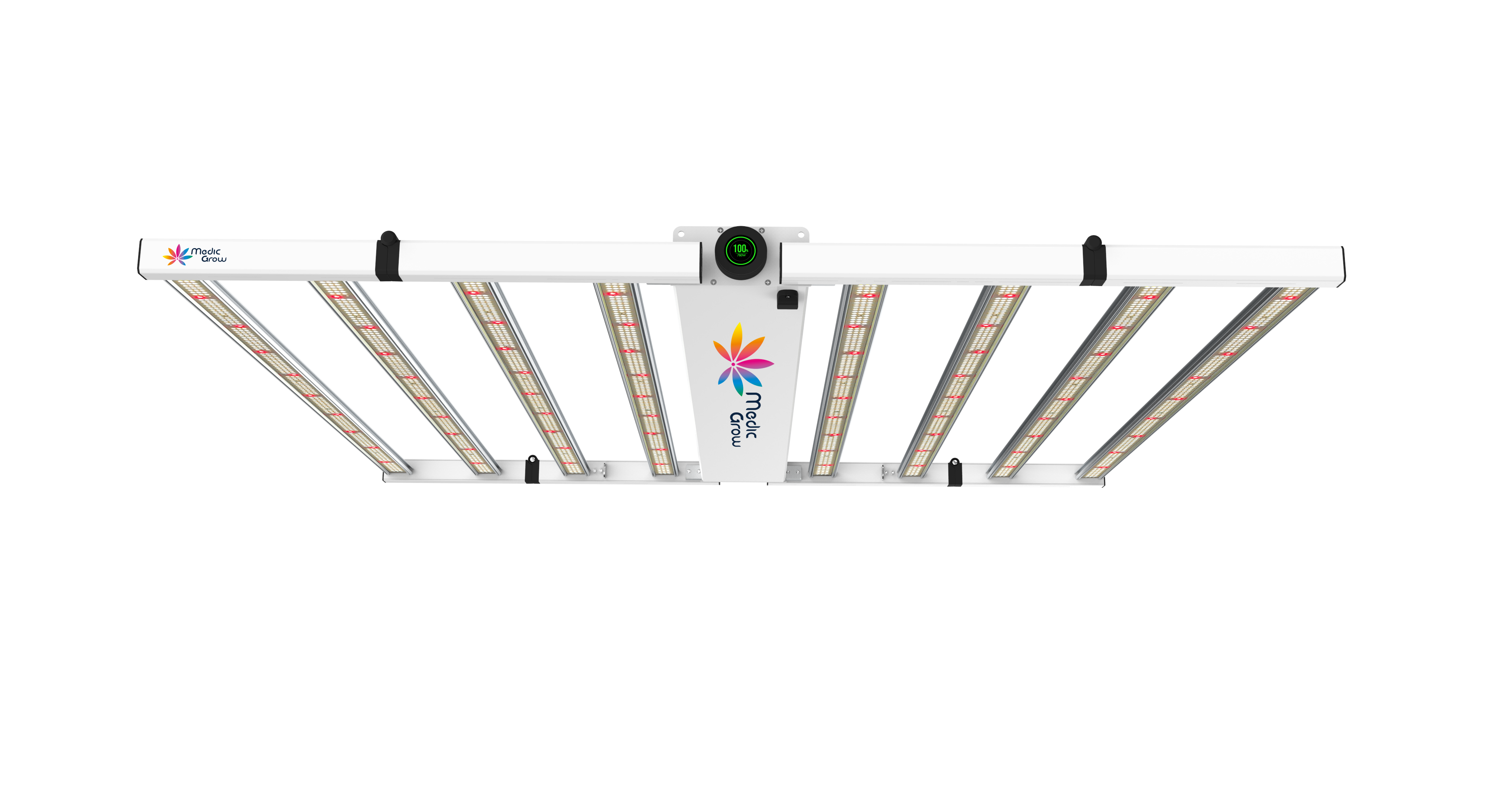

Medic Grow Neo-780/1000 Smart Adjustable Spectrum LED Grow Lights 780/1000w for Veg and Flower
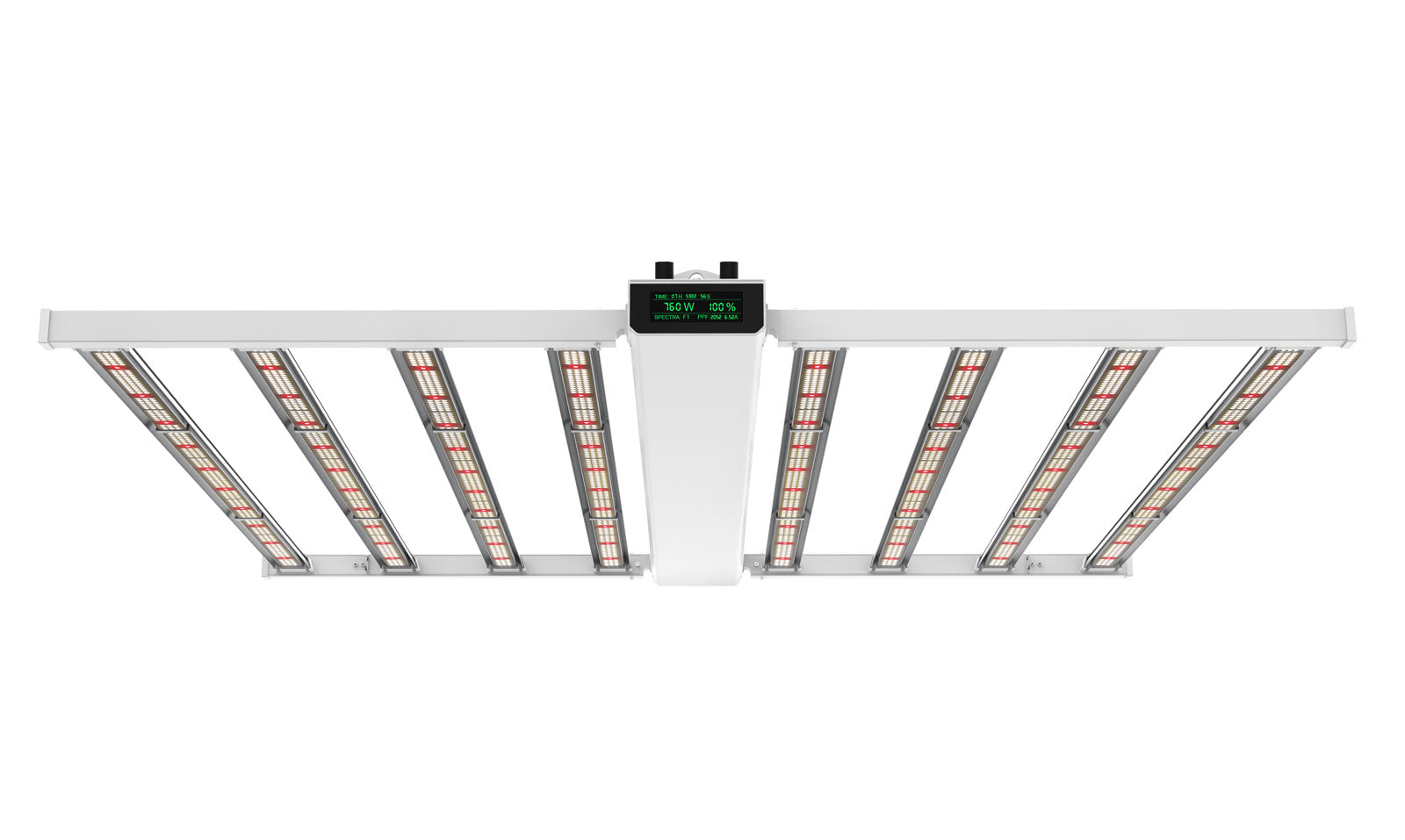

Medic Grow Smart-8 Full Spectrum Dimmable 760W LED Grow Light with Timer - High Yield Lamp for 5x5 Tent
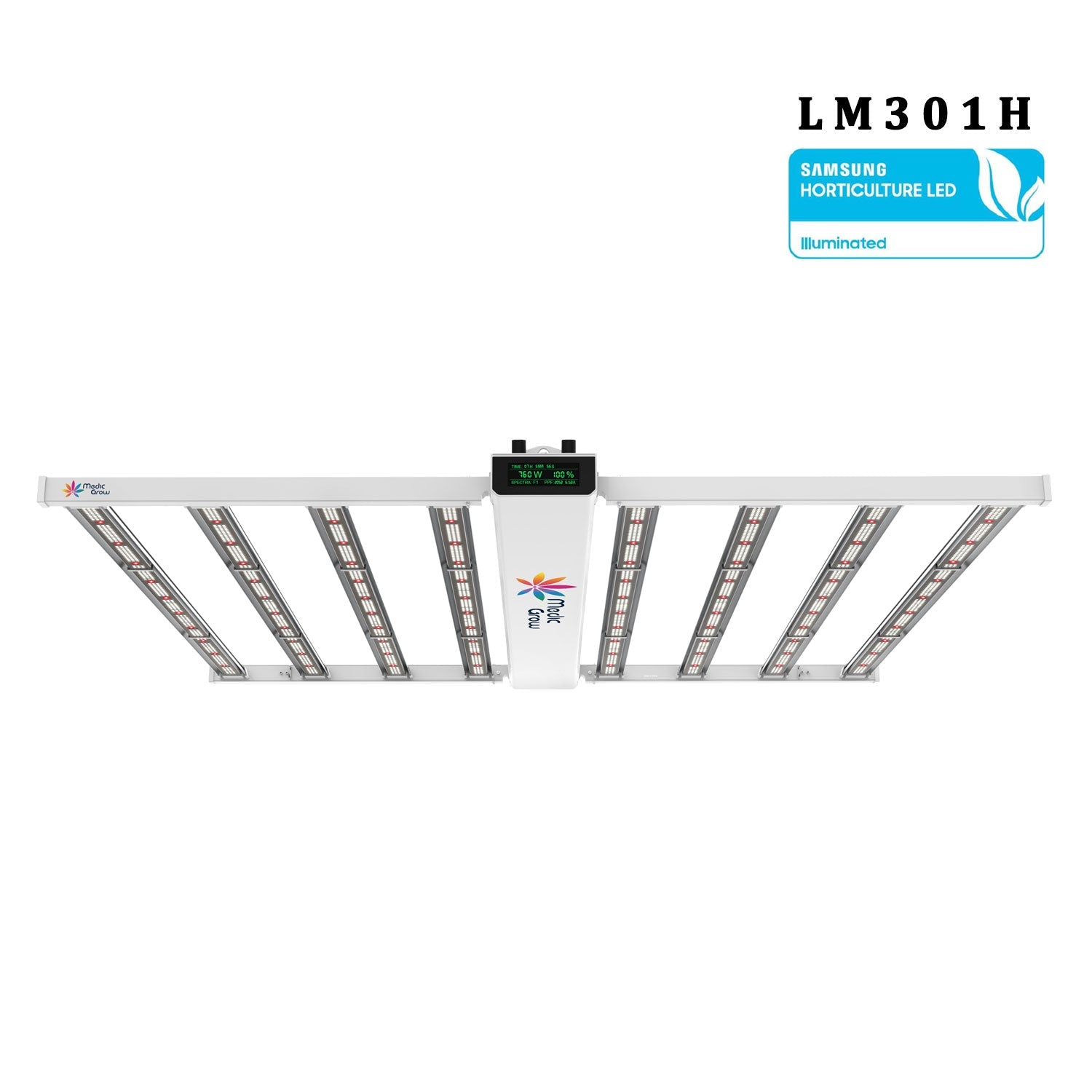

Medic Grow Smart-8 Plus Full Spectrum Samsung LM301H 760W Smart Dimmable LED Grow Light for 4X4/5X5
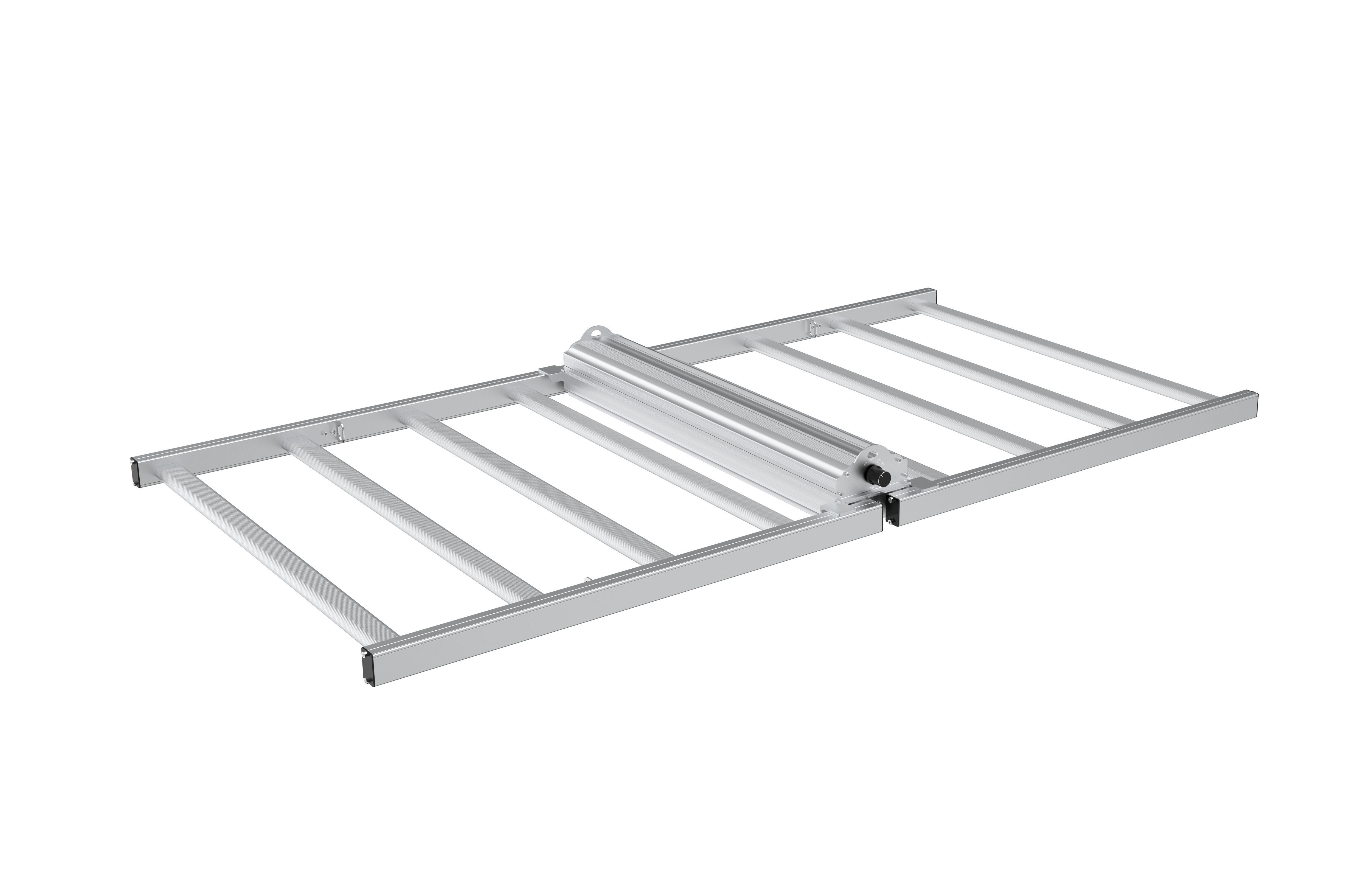
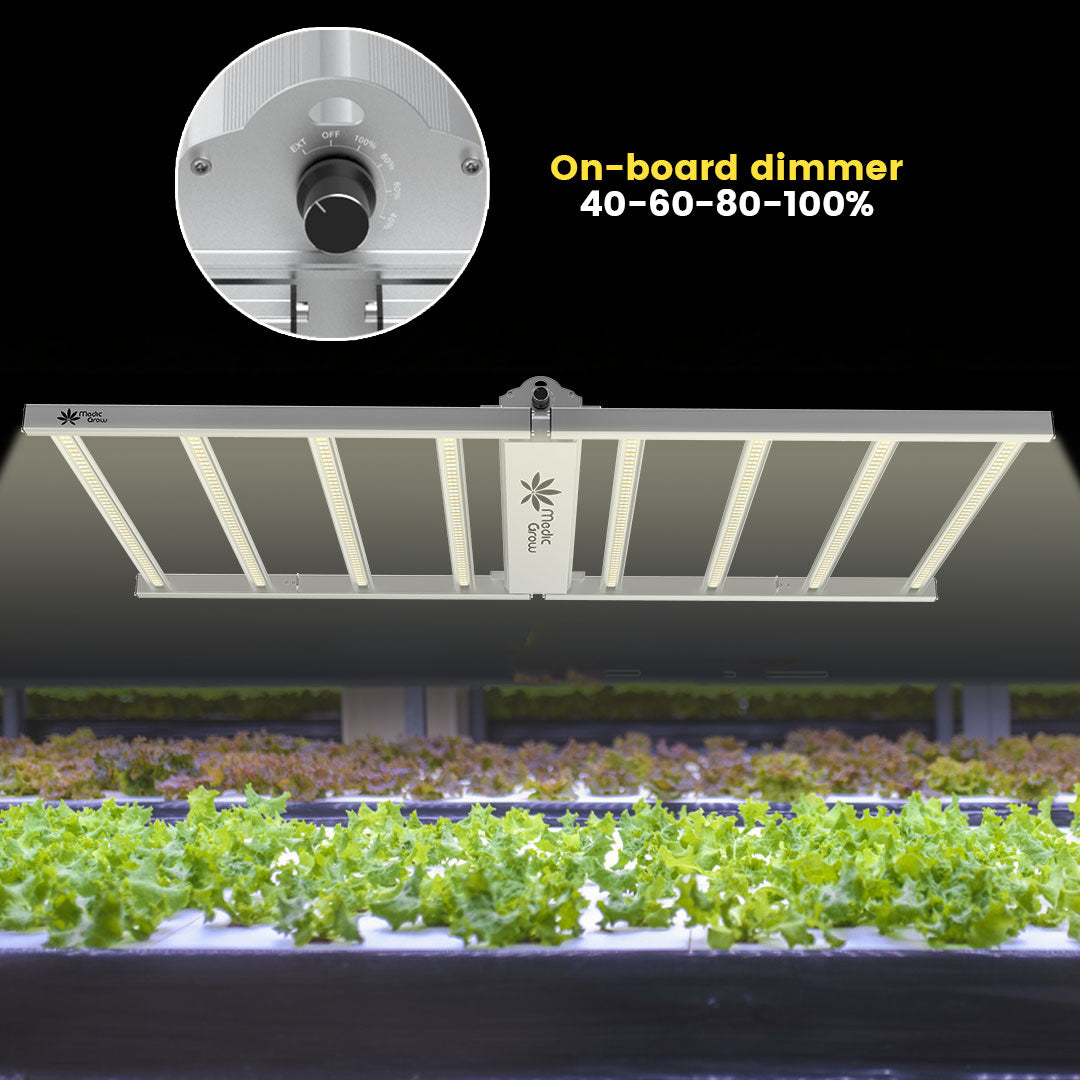
Medic Grow Venus Full Spectrum Cost-Effective 200W LED Grow Light for Vegetative and Beginner: 2X4FT
Blog Posts

- led grow light
Elevate Your Plants Cultivation with the NEO-780 LED Grow Light: Optimize Yields & Energy Efficiency
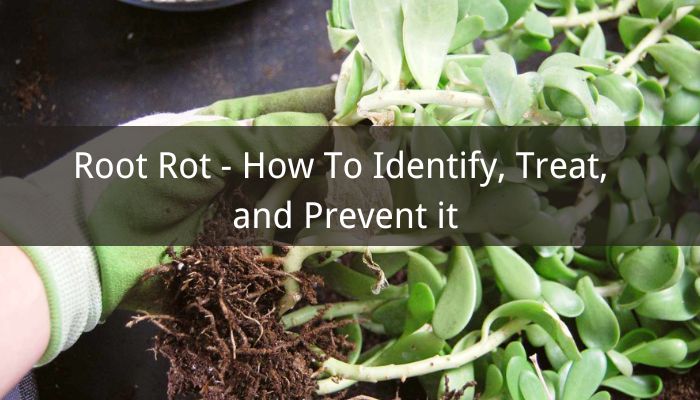
- Growing Tips
Root Rot - How To Identify, Treat, and Prevent it

- Growing Tips
What Grow Lights Are Ideal for Overwintering Plants?
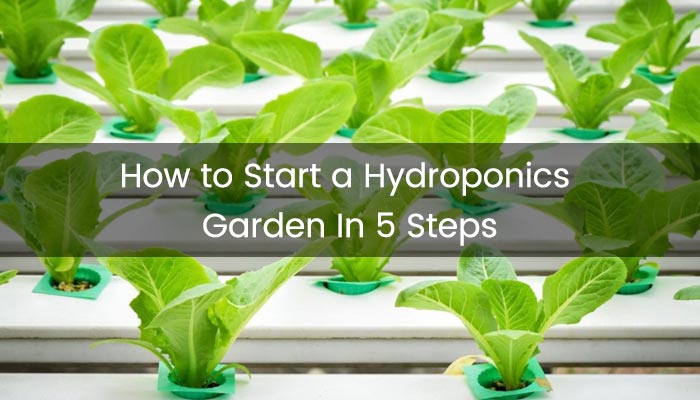
How to Start a Hydroponics Garden In 5 Steps
Contact Us with Any Idea!
- Choosing a selection results in a full page refresh.
!













